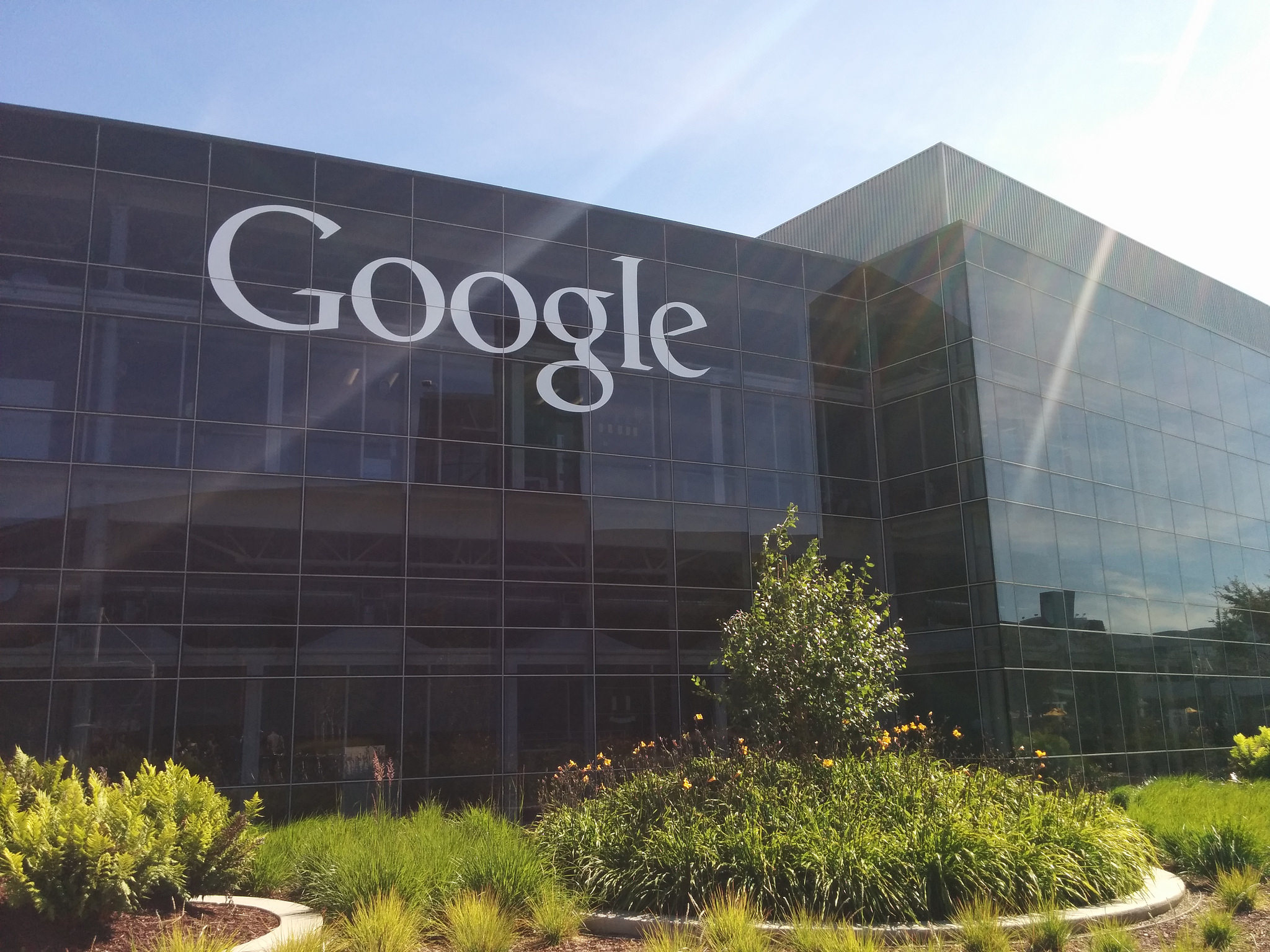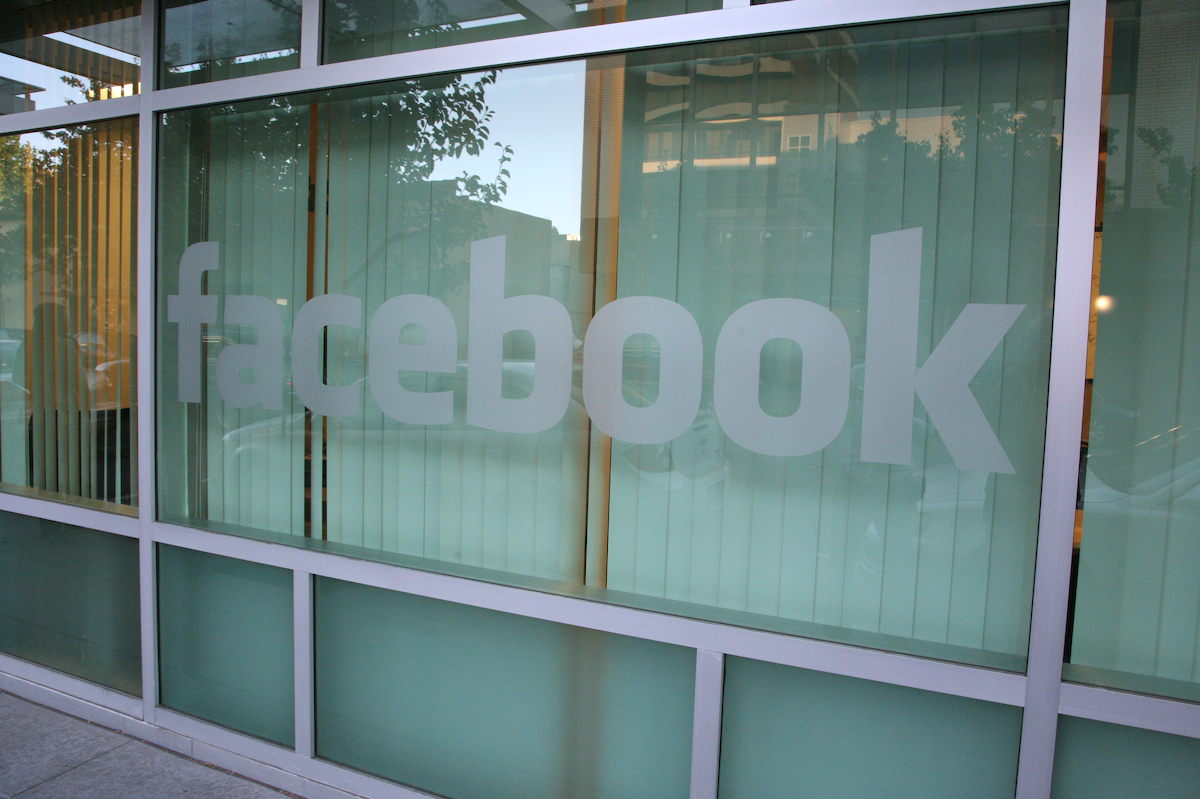On Tuesday, Uber requested an appeal to a ruling made earlier this year that determined Uber drivers are employees and not independent contractors. The company has claimed that it is merely an app and not an employer of the nearly 160,000 drivers that are affliated with Uber in the US.
In an effort to defend itself again a class-action suit, uber filed a motion shortly after the ruling which opposes any class action driver suit. The company claims that the few drivers who believe that the Uber should reimburse them for expenses and tips do not represent the majority of drivers who are happy with the relationship that they have with the tech company.
But on September 1, US District Judge Edward Chen approved a class action status for that lawsuit. Uber is currently appealing this ruling in the hopes that the appeal court with reverse the judges order. In a 22 page request for appeal, Uber attorney Ted Boutrous wrote,”The potential ramifications of this closely-watched class-certification order are difficult to overstate.”
Uber has been battling this case since 2013 in an effort to get it thrown out. If the court upholds the Judge’s decision it would mean big changes for Uber. Not only would it have to start paying for expenses, such as vehicle upkeep, but it would also have to pay other costs such as social security, health care, paid time off and overtime.
Photo: Taxi Driver/Santiago, Chile via Hotch Chang[Creative Commons Attribution-NonCommercial-NoDerivs]





